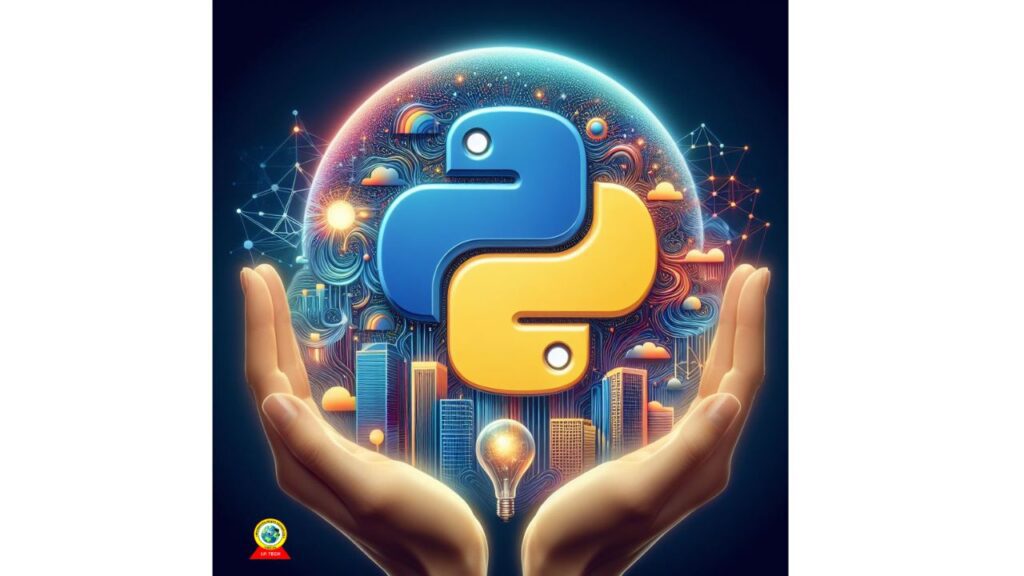Is a Python Course Worth It? Find Out its Best Benefits

As the world becoming more and more dependent on technology, the question of whether it is worth spending time and money on a Python education remains big. Renowned for its ease of use and adaptability, has established itself as a foundation language across a wide range of sectors, including data analysis and software development Knowing Python can lead to a multitude of chances, regardless of your experience level as a programmer or your desire to enter the computer sector. Join us as we delve into why a course might just be the best investment you make for your future career and personal growth.
1. Understanding Python: Unlocking Its Power and Potential
A. What is Python?
Python, a high-level programming language, renowned for its simplicity and elegance, has risen to prominence in recent years. Developed by Guido van Rossum in the late 1980s, Python boasts a clear and concise syntax, making it accessible to beginners while remaining powerful enough for seasoned developers.
B. Python’s Versatility and Applicability in Various Domains
The beauty of Python lies in its versatility, transcending traditional boundaries of application. From web development and software engineering to data science, artificial intelligence, and beyond, it finds itself at the forefront of countless domains.
C. Python’s Simplicity and Readability
One of Python’s most celebrated features is its readability and simplicity. With a focus on human-readable code,it prioritizes clarity and conciseness, allowing developers to express concepts in fewer lines of code compared to other languages.
2. Benefits of Learning Python

A. High Demand for Python Skills in the Job Market
Python’s widespread adoption across various industries has led to a surge in demand for professionals proficient in the language. From web development to data science, companies actively seek candidates with Python skills, making it a valuable asset in today’s competitive job market.
C. Python’s Extensive Library Ecosystem
Python boasts an extensive library ecosystem, providing developers with pre-written modules and packages to streamline development tasks. Libraries like NumPy for numerical computing, Pandas for data manipulation
3. Advantages of Taking a Python Course
In today’s fast-paced world, where technological advancements are reshaping industries, learning ithas become increasingly valuable. Here are several compelling reasons why investing in a course can be highly advantageous:
A. Structured learning path and curriculum
This courses typically offer well-organized, step-by-step learning paths designed to take learners from basics to advanced concepts. This structured approach ensures a comprehensive understanding of the language, making it easier to grasp complex Python topics.
B. Access to expert guidance and mentorship
Enrolling in a Python course provides access to experienced instructors and mentors who can offer guidance, feedback, and support throughout the learning journey. Their expertise can accelerate learning, help troubleshoot challenges
4. Tips for Choosing the Right Python Course
In the vast landscape of Python courses available, finding the perfect fit can be daunting. Here are some key considerations to help you navigate the selection process:
A. Considerations for selecting a course: content, instructor quality, reviews.
- Content: Assess the curriculum to ensure it covers the topics you want to learn, whether it’s web development, data science, or machine learning.
- Look for courses taught by experienced professionals or reputable organizations known for their expertise in it.
B. Different types of Python courses: online vs. in-person, self-paced vs. structured, free vs. paid
- Online vs. In-person: Decide whether you prefer the flexibility of online learning or the interaction of a traditional classroom setting.
- Self-paced vs. Structured: Determine if you thrive in a self-directed environment or if you benefit from a structured schedule and guided instruction.
C. Factors to weigh based on individual learning preferences and goals
- Learning Style: Reflect on whether you learn best through visual aids, hands-on projects, or theoretical explanations.
- Career Goals: Consider how the its course aligns with your career aspirations and whether it provides relevant skills and certifications to enhance your employability.
